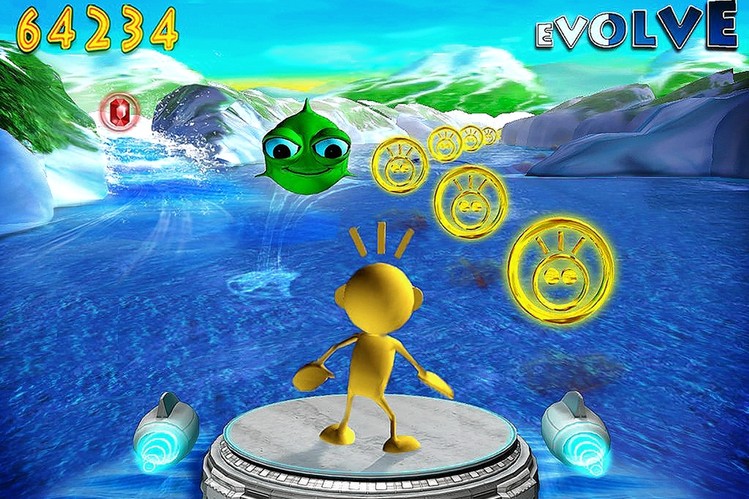Continuing this week’s unofficial theme of “scientific research to prove the haters wrong” (Stephanie coined that one in her piece showing the links between IQ and gaming), we’re now seeing evidence that gaming can be beneficial for children with ADHD. Also, just being within a hundred feet of one is enough to give you genuine superpowers. That may or may not be true. The ADHD thing definitely is though. Here’s the scoop: (I’ve literally always wanted to say that)
The results come from Boston based biotechnology company Akili Interactive. Over four weeks, 348 children ages 8-12 – who had all previously been diagnosed with ADHD – played specially designed games. The children involved in the trial showed a ‘statistically significant improvement‘ in areas such as attentional functioning.
Digital Medicine
“This innovative study represents, to my knowledge, the largest and most rigorous evaluation of a digital medicine,” stated Duke University Professor of Psychiatry Scott Collins, the studies principle investigator. ” He went on to hypothesize that the specific therapeutic properties of the tailor made games played a large part in aiding the study groups
As always, it’s great to see games being shown in a positive light. We often discuss them as legitimate art forms or sports, but their value as therapeutic tools sometimes goes ignored. The term immersion – our handy go-to phrase for games that transport us into their fictional words, or deeply involve us with their mechanical challenges originates from the concept of ‘flow‘. This sensation of losing track of ourselves whilst heavily involved in an activity – often resulting in high performance – should be familiar for anyone with who has played high intensity sports, videogames, or meditated for long periods of time.
Flow
There’s still no consensus on whether this is a completely positive thing, however. This ‘hyperfocus‘ can be seen as a cause of neglecting other activities. There’s also doubts over the prevalence of ADHD itself – sometimes seen as a catch-all diagnosis for exceptional children whose neurodivergence doesn’t allow them to fit in easily with an increasingly homogenized education system.
Still, we’ll chalk this one up as a win for now. A peer-reviewed follow up paper is expected soon, so check back on New Normative for our thoughts.
Nic Reuben
Latest posts by Nic Reuben (see all)
- These Horizon Zero Dawn Photographers Find the Soul in the Machines - March 16, 2018
- A Completely Objective Review of An Apolitical Game - February 9, 2018
- This Horizon Zero Dawn Photographer Brings the Post Apocalypse to Life - January 17, 2018

